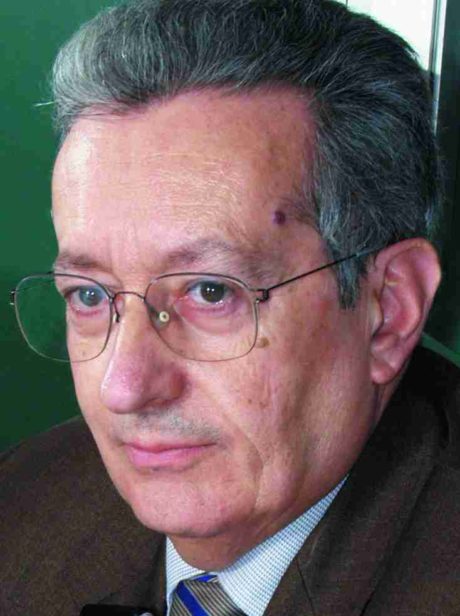Politecnico di Torino, Italy –
We always hear that know-how is a precious and important gift for each company and that it is a fundamental resource to rely on at any time. What is know-how is all to be discovered and it is clear that there can be different answers for different situations. In any case, know-how is “being able to do”, based on knowledge resulting from past activities, external acquisitions (licenses, patents, etc.) and various kinds of experiences. In a textile company this knowledge can consist in exactly knowing the values of a process’s parameters and their influence on the process itself; in a mechanical company it may consist in the dimensioning procedure of particularly critical elements; in a chemical industry in the dosage of components and in the regulation of parameters; in an automatic machinery industry in the factors’ evaluation criteria for the choice of its components; in general it may consist in knowing which materials to use or treatment processes to apply, etc. In any case, know-how must be preserved, strengthened and handed down. Here comes the most delicate point: handing down know-how is not a formal action, it doesn’t consist in transferring the keys of a safe or giving a software password or things like that. Know-how is something different, something which must be internalized and understood, that must be conquered day by day with tough experience. It is a kind of knowledge that is fundamentally linked to humans. At this point the problem moves on the mechanism of handing down knowledge to humans, an often conflicting and complex issue. Today we often speak of generational problems, of the necessity of introducing young people in the operating society (an absolutely important and undelayable issue), almost bringing young people and older people in competition and in alternative. All this doesn’t make much sense: any civilized society, any organized and productive structure should be made of people of different ages, in order to achieve a progressive and gradual transition of activities among people with different levels of expertise and experience, through a continuous process without trauma. Discontinuity doesn’t help knowledge transmission, but it may result in experience resetting, which forces to restart from different levels, maybe low levels, going through exploration paths and steps that have already been run. Yet this resetting experience is a phenomenon that we witness, almost responding to a general principle of non-transferability of experience.
In science and techniques it’s a common phenomenon, even if we don’t perceive it. There are many examples that everyone can witness. Many companies have started a period of decline with production worsening resulting from the removal of technicians with strong know-how. Many technical/scientific works are made today, presenting as innovative results that have been already known for decades, only because there was no experience transmission, caused by the passing away of those who knew, and knowledge of things was lost.
Yet none of this is extraneous to human nature, but is part of it. The baby starts from zero his learning cycle and he doesn’t start from the knowledge state of his parents. Therefore let’s give young people time and means to gain knowledge, but above all let’s try to hand them down experience and know-how without reluctance, so that the training and learning process could be fast and without losing important knowledge elements. Industry and society will certainly benefit from it.




